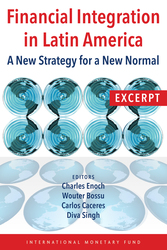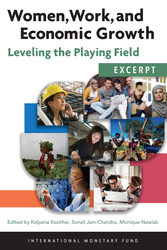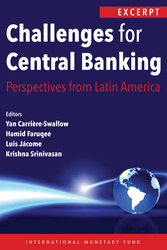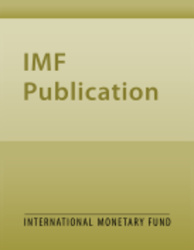
Excerpt: Shifting Commodity Markets in a Globalized World
This paper discusses developments and prospects for energy, metals, and food markets since the early 2000s, the start of what is termed a commodities supercycle—the rise of commodity prices over a decade or more as a result of a rapid urbanization and an expansion of infrastructure. Macroeconomists often assume that technological innovation is exogenous (driven largely by external factors or forces), but this volume documents how innovation in energy markets is directly affected by prices. When oil, natural gas, or fossil fuels become scarce, prices increase. This stimulates innovation and the adoption of new technologies and techniques for recovery and use of these resources. Conversely, when these commodities are abundant, prices fall, slowing the pace of innovation and the adoption of new techniques. At the heart of international trade in commodities are cross-country differenc¬es in resource endowments. Natural resources are materials or substances that occur in nature and can be used for economic gain, and so these include not only reserves of hydrocarbons, minerals, fisheries, and forests, but also temperate weather, fertile land, and access to water, which are important to agriculture.
Publication date:
ISBN:
Add to Cart by clicking price of the language and format you'd like to purchase
Available Languages and Formats
Summary
Copyright © 2010 - 2024
Powered by:
AIDC



